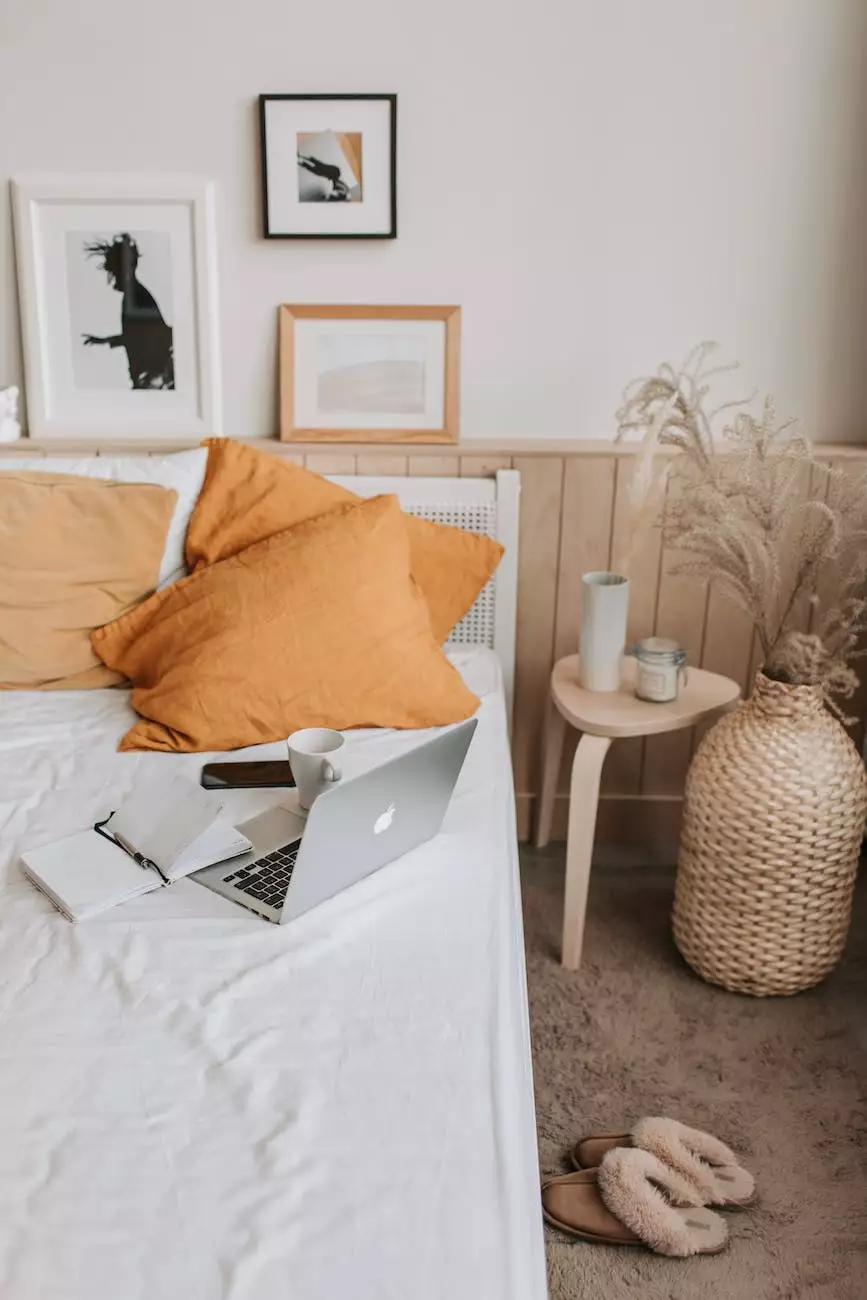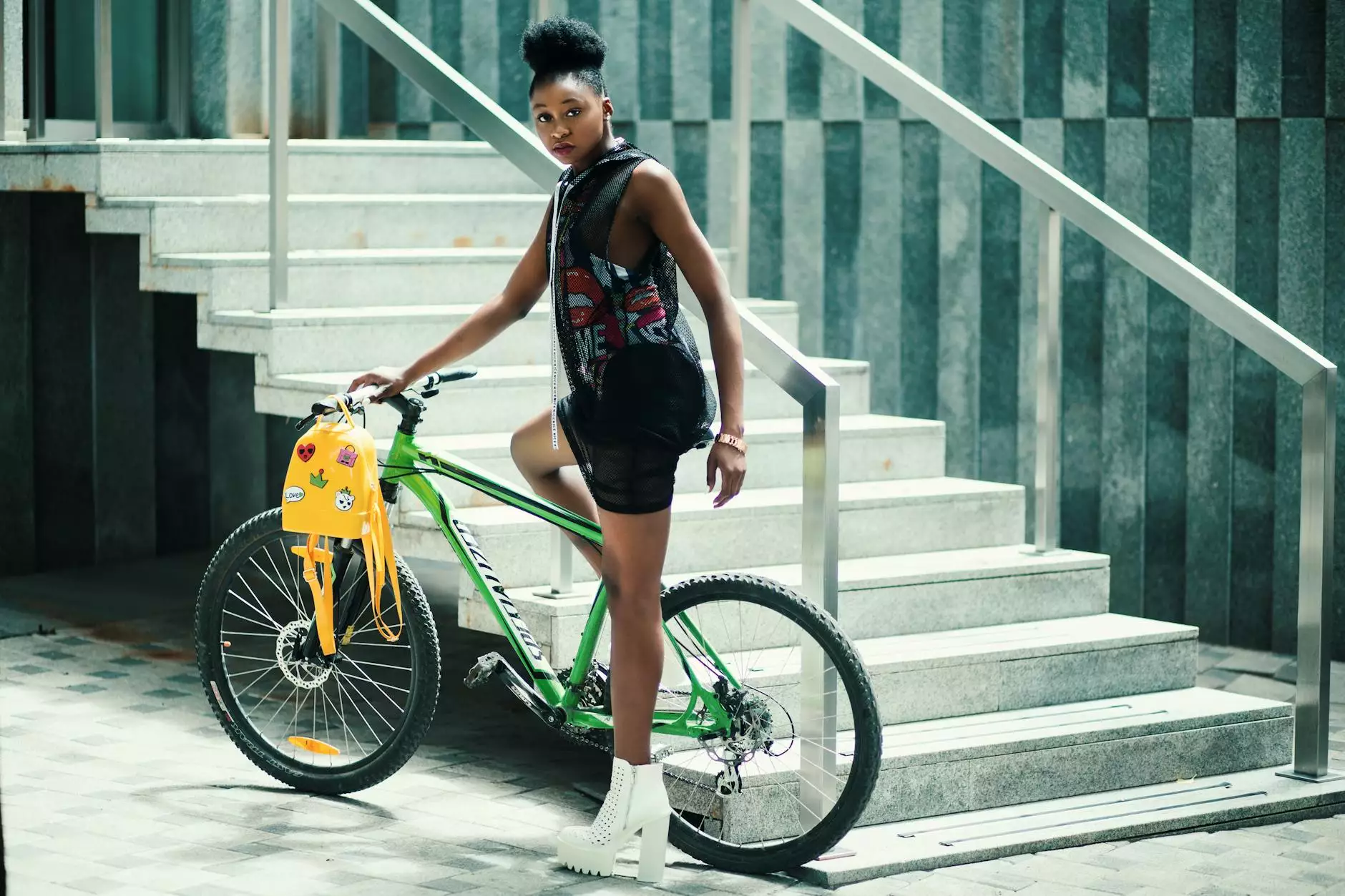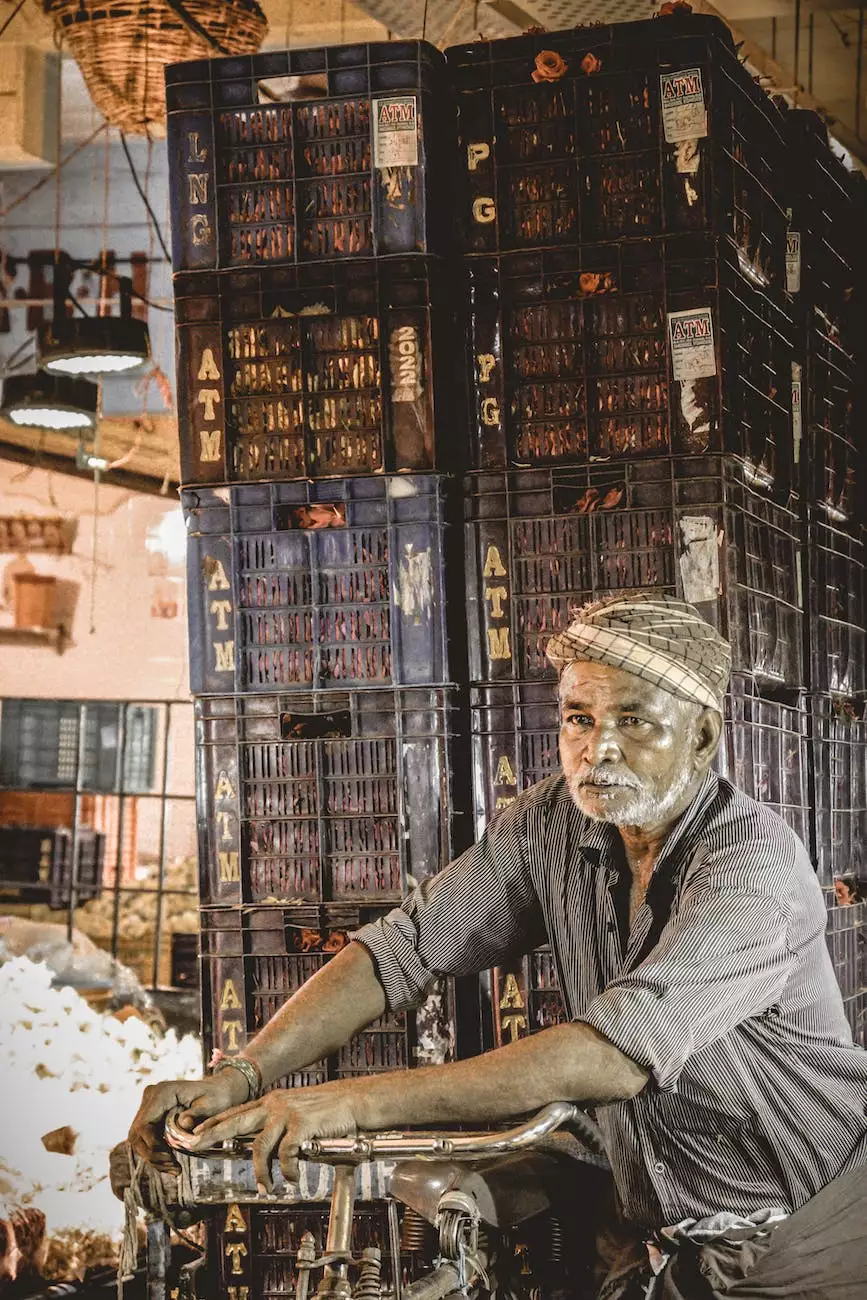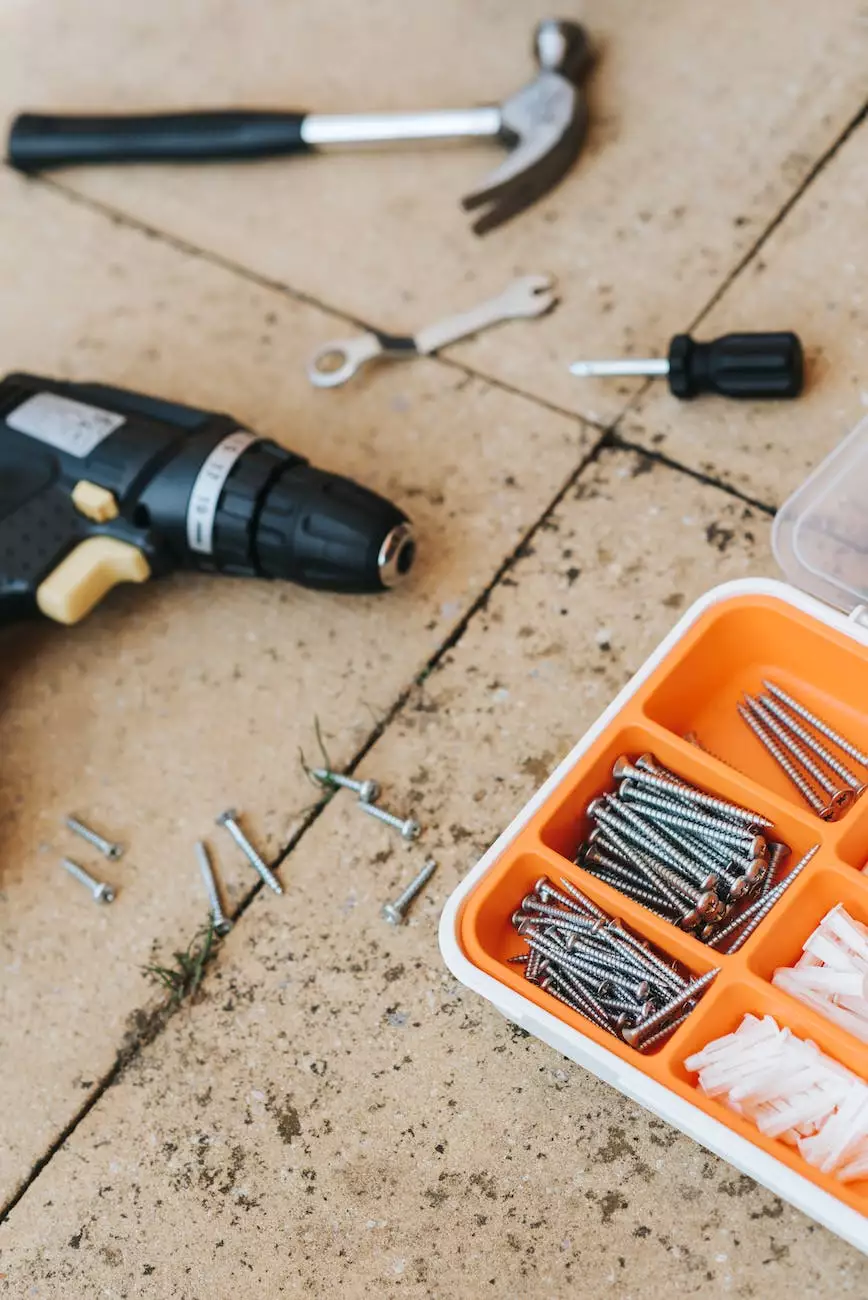10 Questions to Always Ask a Web Designer

When it comes to designing a website for your business, partnering with a skilled and knowledgeable web designer is crucial. A well-designed website can enhance your online presence, attract more visitors, and ultimately drive more conversions. To ensure that you hire the right web designer for your project, Charlotte SEO Rankings has compiled a list of the top 10 questions that you should always ask before making a decision.
1. How Many Years of Experience Do You Have?
Experience is key when it comes to web design. Ask the web designer about their years of experience in the industry. A seasoned web designer will likely have a strong portfolio and a track record of successful projects. Their experience will enable them to understand your business needs better and create an effective and visually appealing website that aligns with your brand image.
2. Can You Provide Examples of Your Previous Work?
Reviewing the web designer's previous work is essential in assessing their capabilities and style. Request to see a portfolio of their past projects, which may include websites they have designed for businesses in similar industries. Looking at their portfolio will give you an idea of their design aesthetic, attention to detail, and ability to create user-friendly interfaces.
3. What is Your Approach to Responsive Design?
In today's mobile-centric world, having a responsive website design is crucial. Ask the web designer about their approach to responsive design and how they ensure that the website functions seamlessly across different devices and screen sizes. A responsive design will not only provide a better user experience but also improve your website's search engine rankings.
4. What SEO Strategies Do You Implement in Your Designs?
Search engine optimization (SEO) plays a vital role in driving organic traffic to your website. Inquire about the SEO strategies the web designer incorporates into their designs. They should have a good understanding of on-page optimization techniques, such as optimizing page titles, meta descriptions, and header tags. Additionally, they should be knowledgeable about website speed optimization, responsive design, and user experience, as these factors also impact your website's search engine rankings.
5. How Do You Ensure Cross-Browser Compatibility?
With various internet browsers available, it is crucial to ensure that your website appears consistent and functions properly across different browsers. Ask the web designer how they tackle cross-browser compatibility issues to ensure that your website looks and performs well, regardless of the browser your visitors are using.
6. Do You Offer Ongoing Support and Maintenance?
Once your website is launched, you may encounter issues or require updates and maintenance. Inquire if the web designer provides ongoing support and maintenance services. A reliable web designer will offer post-launch support, ensuring that your website remains up-to-date, secure, and optimized as technology evolves.
7. What Content Management System (CMS) Do You Recommend?
A content management system (CMS) allows you to easily update and manage your website's content without technical expertise. Ask the web designer which CMS they recommend for your specific requirements. A popular and user-friendly CMS, such as WordPress or Joomla, can simplify future updates and empower you to take control of your website's content.
8. Will My Website be Optimized for Speed?
Website speed is a critical factor in providing a positive user experience. A slow-loading website can lead to high bounce rates and lower conversion rates. Discuss with the web designer their strategies for optimizing your website's speed, including techniques such as image optimization, minification of code, and leveraging browser caching.
9. How Will You Ensure the Security of My Website?
Website security is essential to protect your business and your customers' data. Inquire about the web designer's approach to website security, including SSL certificates, regular security updates, and secure hosting options. A reputable web designer will prioritize the implementation of robust security measures to safeguard your website from potential threats.
10. What is Your Pricing Structure and Timeline?
Lastly, discuss the web designer's pricing structure and timeline for your project. Understand their payment terms, whether they charge a fixed price or an hourly rate, and what is included in their package. Clarify the estimated timeline for the design and development process, as well as the delivery of the final website. This information will allow you to plan your budget and set realistic expectations.
By asking these ten essential questions, you can make an informed decision when choosing a web designer for your project. Remember that a well-designed website can significantly impact your business's online success, so take the time to find a web designer who aligns with your vision and goals. Contact Charlotte SEO Rankings today to connect with top-notch web designers in the industry.










